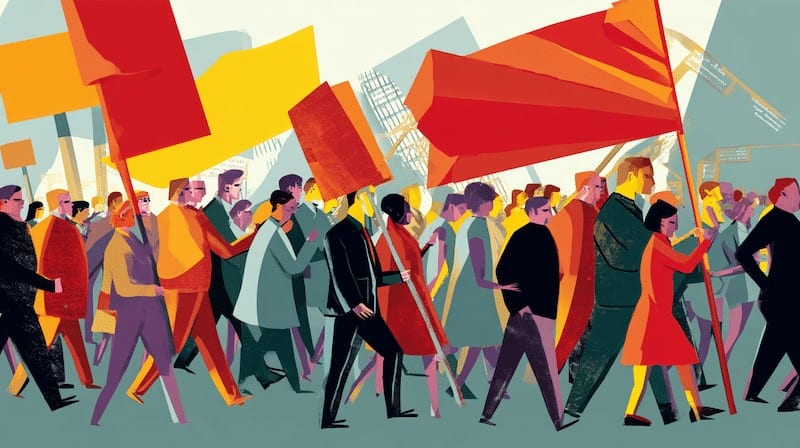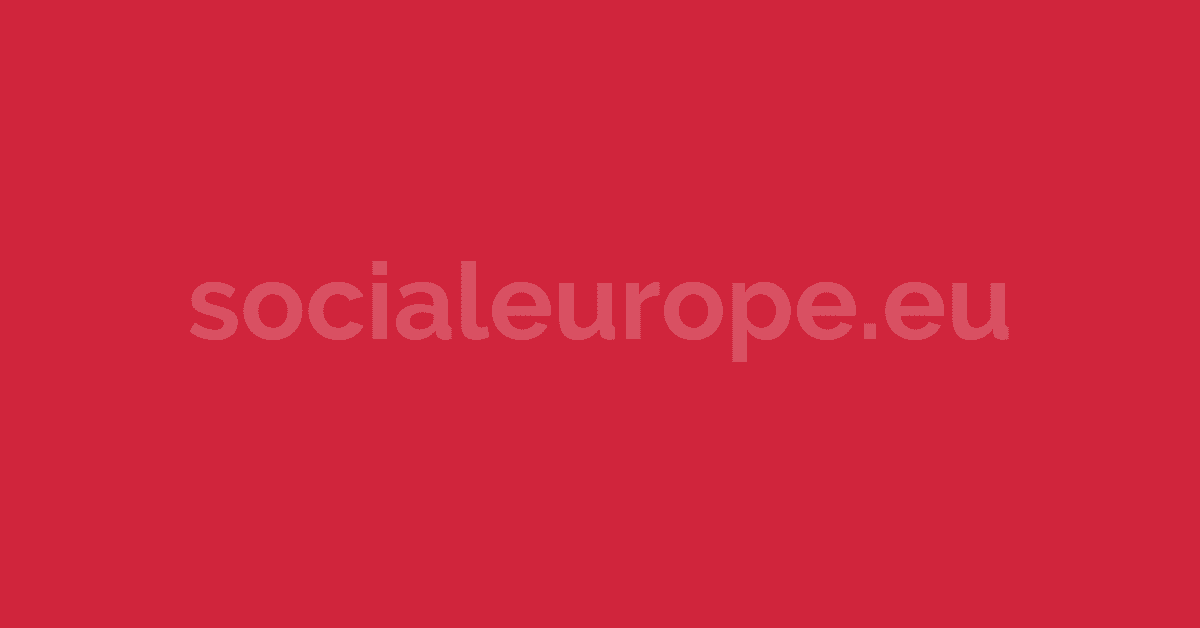
Democracy Under Siege: Trade Unions Rise as a Bulwark Against the Far Right
Trade unions are poised to defend the institutions that bind society together.

Trade unions are poised to defend the institutions that bind society together.

The rapid development of new technologies is increasing pressure and forcing unlimited working time and growing stress among many workers across Europe.

In the face of the threat from the far right, trade unions represent democracy’s strongest supporters.

Standardisation of how artificial intelligence is deployed in the workplace is not a technical but a political matter.

Trade unions and other civil-society organisations are key to fending off the threat from the far right.

Tesla’s confrontation with Swedish workers highlights how solidarity must be enabled in a globalised Europe.

The rules for allocation of EU funds should be more transparent and provide a meaningful role for the social partners.

Occupational stress has become endemic. It damages workers, their families, businesses and economies.

This week the European Commission will publish a proposal to revivify social dialogue. It must be more than words.

The European Union must stop compromising on the fundamental right of workers to health and safety.

A ‘tight’ labour market is not such a bad thing for trade unions—and therefore for workers.

Sanctions have so far been economic and short-term. The long-term goal of political freedom in Russia must be kept in mind.

The pandemic has focused attention on health and safety. But workers were already dying just trying to make a living.

If ‘strategic autonomy’ is to define the EU’s relation to the world, linked trade deals must not mean dependence for workers.

In the neoliberal era, global trade deals have come at the expense of workers. That can and must be reversed.